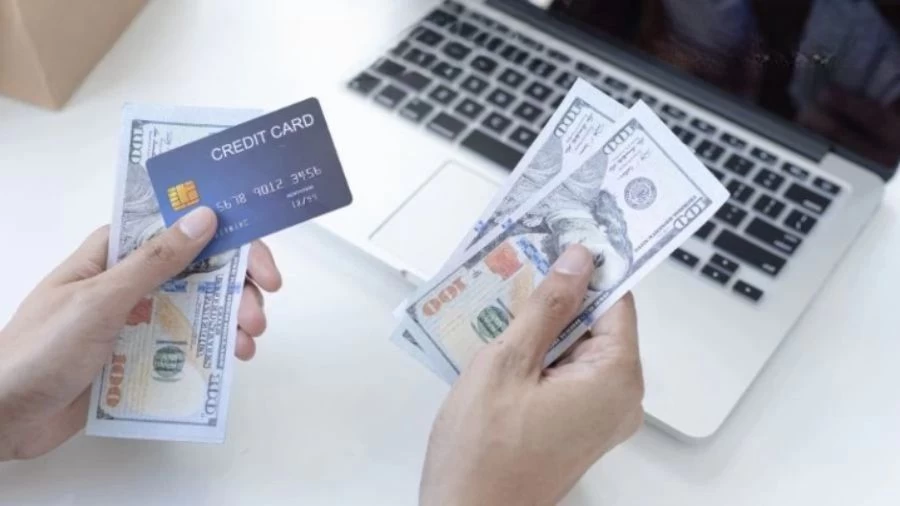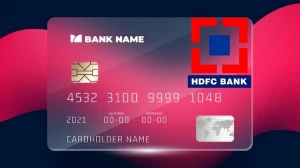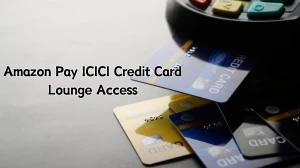
- Home »
- Credit Card »
- Best Time to Pay Credit Card to Increase Credit Score, Is Paying Credit Card Early Good for Credit Score?
Best Time to Pay Credit Card to Increase Credit Score, Is Paying Credit Card Early Good for Credit Score?
Paying your credit card shortly before the statement date, avoiding a reported zero balance, and making multiple payments throughout the month can positively impact your credit score by influencing the credit utilization ratio.
Updated Dec 02, 2023
On This Page
- Is Paying a Credit Card Early Good for a Credit Score?
- Best Time to Pay Credit Card to Increase Credit Score
- Is it Better to Pay on Time or Early to Build Credit?
- What are the Benefits of Paying Early?
- When You Should Change Your Credit Card Bill Due Date?
- When Card Issuers Provide Credit Report to Bureaus?
Is Paying a Credit Card Early Good for a Credit Score?
Paying your credit card early, especially before the statement date, can positively impact your credit score by reducing the credit utilization rate, a crucial factor in credit scoring. While maintaining a utilization rate below 30% is often advised, lower rates are even more beneficial.
Credit card companies report your balance to credit bureaus monthly, usually at the end of the billing cycle. Making payments just before this date can lower your reported balance, for a Fair Credit Score. However, consistently reporting a zero balance might have adverse effects, so consider paying a portion a few days before the statement date.
To further manage credit utilization, making multiple payments throughout the month or aligning payment dates with your payday can be effective strategies. Adjusting the monthly due date, a service offered by many card issuers, allows better synchronization with your financial schedule.
Best Time to Pay Credit Card to Increase Credit Score
While paying your credit card bill by the due date is crucial, strategically paying it earlier can positively impact your credit score. Understanding the credit card billing cycle is key to leveraging the timing of your payments for Maximum Benefit.
Credit cards follow a monthly billing cycle with three essential dates:
Statement Date (Closing Date)
This is when your card issuer compiles your monthly activity and generates your statement. The statement balance reflects the beginning balance, new charges, and subtracts any payments during the cycle.
Due Date
Typically about three weeks after the statement date, it's the deadline for paying at least the minimum amount. Missing this date results in a late fee and leads to Drop in the Credit Score.
Reporting Date
This is when the card issuer reports your balance to the credit bureaus. While not specified on your bill, it's prudent to assume it aligns with your statement closing date. Paying your balance just before this reporting date can lower the reported balance, positively impacting your credit score. Strategic early payments help manage the reported balance and improve your creditworthiness.
Is it Better to Pay on Time or Early to Build Credit?
Optimal credit card payment timing plays a significant role in managing your credit score, particularly concerning the crucial factor of credit utilization ratio. Your credit utilization is the balance you owe compared to your credit limit, and it directly impacts your credit score.
Paying early, before your statement is generated, can lower the reported balance and, consequently, your credit utilization ratio. As a rule of thumb, keeping your utilization below 30% is advisable for a positive impact on your credit scores.
By strategically paying early, you actively manage your utilization, showcasing responsible credit behavior and potentially boosting your creditworthiness. While paying on time is essential, paying early offers an additional advantage in fine-tuning your credit utilization for an improved credit profile.
MarketsHost invites you to uncover a plenty of articles, guides, and analyses that provide invaluable insights into the realm of Finance.
What are the Benefits of Paying Early?
Paying your credit card balance early comes with several benefits, offering both financial advantages and credit management perks. When you make early payments, especially if you pay the full statement balance, you unlock a credit card grace period. This ensures you won't incur any interest charges, promoting responsible spending habits and saving you money.
In scenarios where carrying a balance is unavoidable, paying early can still work to your advantage by reducing interest costs. The interest you're charged is calculated based on your average daily balance. By making an early payment, you lower the average daily balance for the billing cycle, resulting in reduced interest charges. This proactive approach not only saves you money but also demonstrates a strategic financial mindset, contributing positively to your credit health.
When You Should Change Your Credit Card Bill Due Date?
By aligning your payment close to the reporting date or statement closing date, you can impact the balance reported to credit bureaus positively, potentially reducing your credit utilization ratio and positively influencing your credit scores. However, ensure you still pay at least the minimum by the official due date to avoid late fees and negative credit reporting.
While paying your credit card bill by the due date is crucial, strategically changing your due date can offer benefits in managing your credit scores. Understanding the billing cycle is key:
Statement Date
This is when your card issuer compiles your monthly activity to generate a statement, also known as the closing date. Any transactions after this date go on the next statement.
Due Date
Typically about three weeks after the statement date, this is when you must pay at least the minimum amount due to avoid late fees.
Reporting Date
The date when your card issuer reports your balance to the credit bureaus. Although not explicitly stated on your bill, it's advisable to assume it aligns with your statement closing date.
When Card Issuers Provide Credit Report to Bureaus?
The reporting of your credit card balance to the credit bureaus is not uniform and varies among card issuers. Generally, it occurs shortly after the closing date of your statement, but specifics can differ. To strategically manage your credit score, contact your card issuer to ascertain the exact reporting date for your balance.
By understanding this date, you can strategically time your payments to influence the balance Reported to the Credit Bureaus positively. While many lenders calculate your credit utilization rate based on the statement balance, gaining clarity on the reporting date allows you to optimize your payments and potentially improve your credit score. Regular communication with your card issuer is a valuable step in navigating this aspect of credit management.
Best Time to Pay Credit Card to Increase Credit Score - FAQs
1. When is the best time to pay my credit card for a positive credit impact?
Pay your credit card shortly before the statement date to influence the reported balance.
2. Does paying the full balance early have a negative impact on credit scores?
Paying the full balance a few days before the statement date can avoid a reported zero balance, preventing potential negative impacts.
3. Can paying early improve my credit utilization ratio?
Yes, paying early helps lower your credit utilization ratio, positively affecting your credit score.
4. Is paying multiple times a month beneficial for credit scores?
Making multiple payments throughout the month can help maintain a low balance, positively impacting your credit score.
5. How does aligning due dates with payday benefit credit management?
Aligning credit card due dates with payday can ensure timely payments, preventing late fees and potential negative impacts on credit scores.




